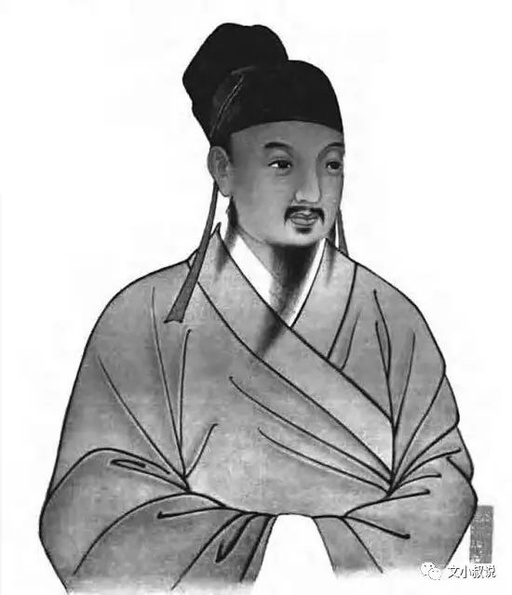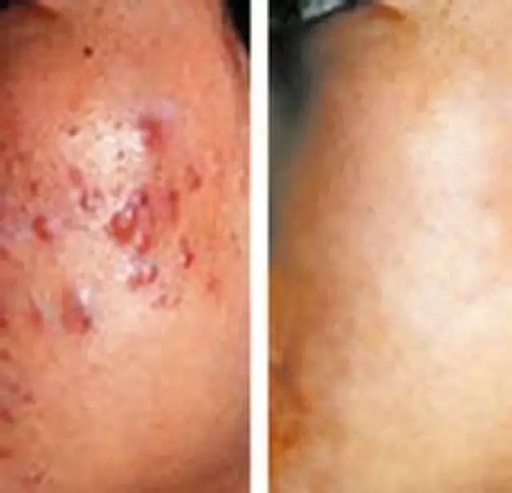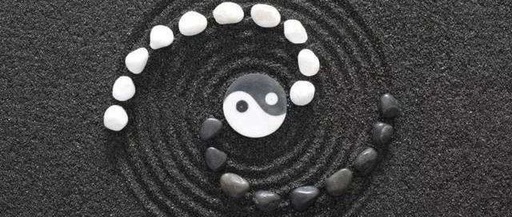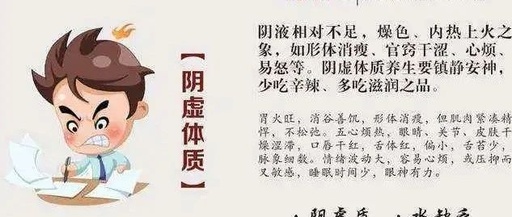Are You Yin Deficient? Yang Deficient? Or Both Yin and Yang Deficient?
Wen Xiaoshu says – a TCM health writer dedicated to creating the most down-to-earth health public platform for you. Original works, infringement will be pursued. Follow the public account Wen Xiaoshu says, health for you and me. Every day in the group, I often see friends asking, “I feel like I am Yin deficient, but … Read more










